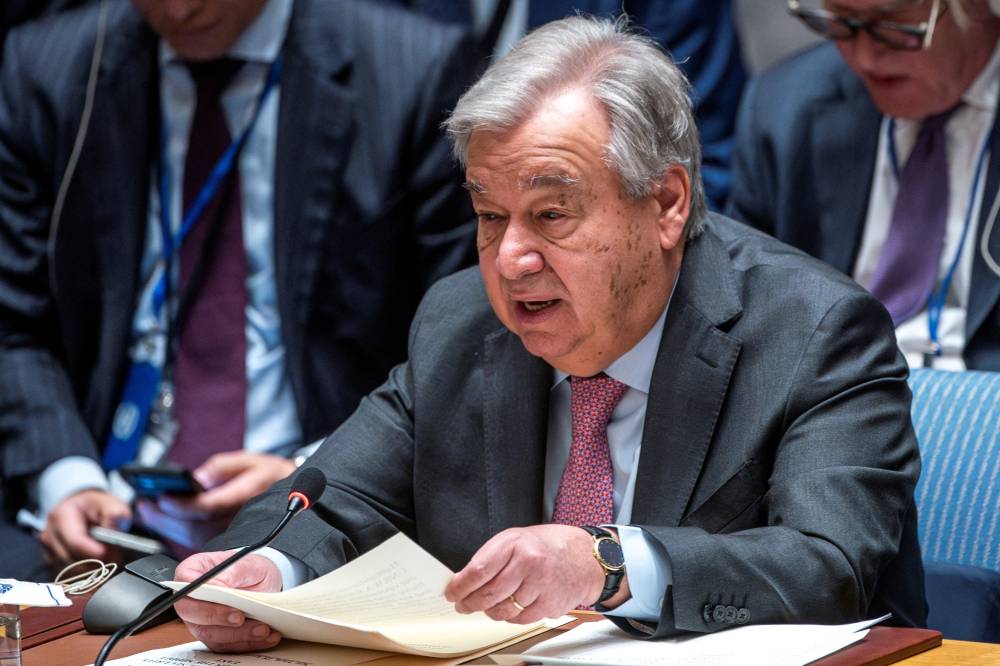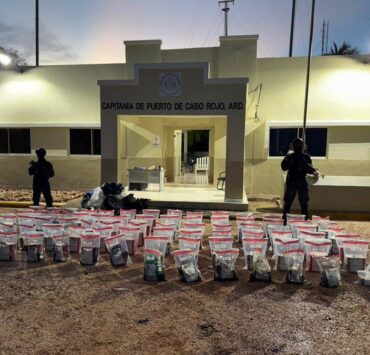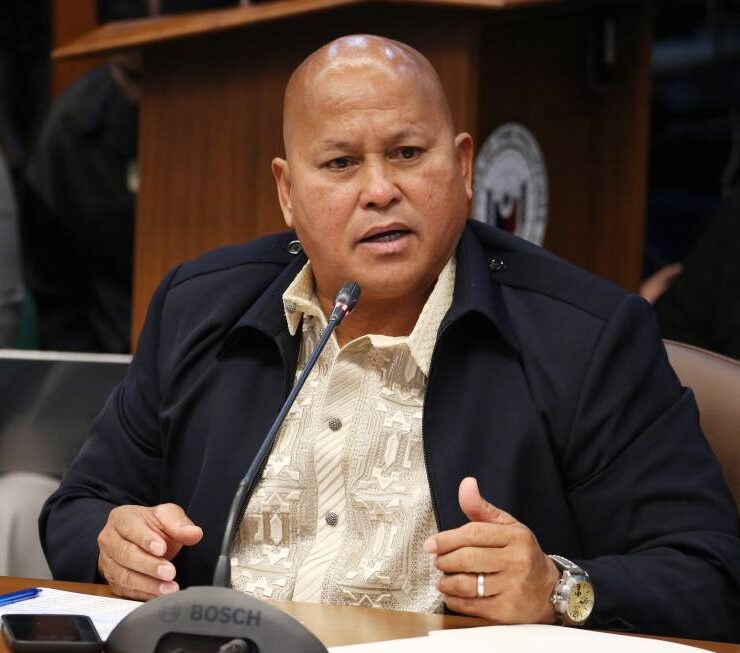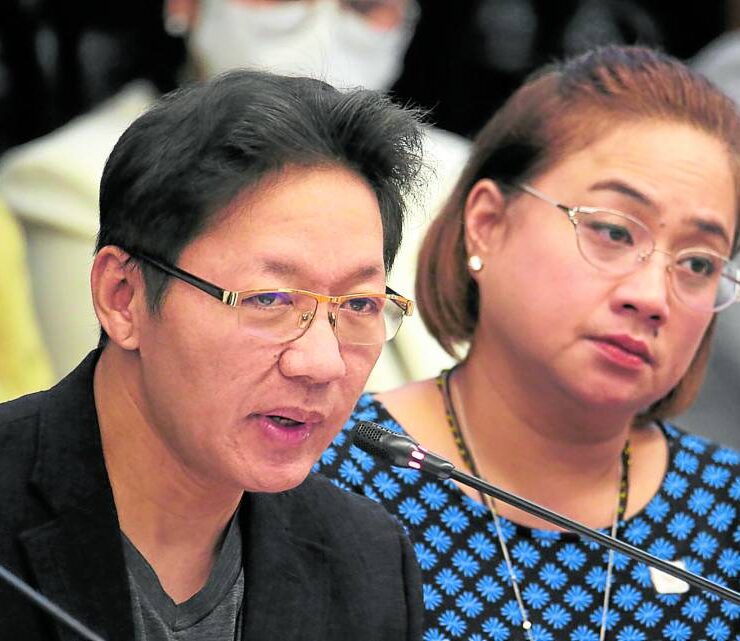France, Saudi Arabia to renew call for two-state solution at UN

UNITED NATIONS—France and Saudi Arabia hope to use this year’s UN General Assembly and the escalating Gaza war to renew efforts for a two-state solution to the Israeli-Palestinian conflict, proposing a new road map for Palestinian statehood in territories Israel captured in 1967.
Britain, Canada and Australia on Sunday joined nearly 150 countries in recognizing a Palestinian state, with France expected to follow at the General Assembly.
However, the initiative faces strong opposition from the United States and Israel. The United States has blocked Palestinian officials from attending the General Assembly, and Israeli Prime Minister Benjamin Netanyahu, who opposes Palestinian statehood, has threatened unilateral actions, possibly including West Bank annexation.
Annexation could put the Palestinians’ dream of independence even further out of reach.
A Palestinian state in east Jerusalem, the West Bank and Gaza is widely seen as the only viable resolution to the conflict, which predates Hamas’ Oct. 7, 2023, attack that ignited the current Gaza war.
Displaced
Proponents argue this would preserve Israel as a Jewish-majority democracy, while the status quo—where Palestinians live under varying degrees of Israeli control—has been labeled apartheid by major rights groups.
“Israel must understand that a one-state solution, with Palestinians subjugated without rights, is intolerable,” UN Secretary General António Guterres said last week. “Without a two-state solution, there will be no peace.”
Peace talks, stalled since Netanyahu’s 2009 return to power, have been undermined by violence and Israeli settlement expansion in the West Bank, home to over 500,000 settlers and 3 million Palestinians under military rule. In Gaza, Israel’s offensive has killed tens of thousands, displaced 90 percent of the 2 million residents, and caused widespread destruction and famine in some areas.
France and Saudi Arabia’s plan envisions an immediate Gaza ceasefire, hostage release, and Israeli withdrawal. Hamas would transfer power to a Palestinian Authority-led committee and disarm, with international support to rebuild Gaza and govern both territories, possibly with foreign peacekeepers. Regional peace, including Saudi-Israeli normalization, would follow. The United Nations recently endorsed this “New York Declaration” in a nonbinding resolution.
Israel and the United States argue that recognizing a Palestinian state rewards Hamas and complicates ceasefire and hostage negotiations, which collapsed after Israel’s Sept. 9 strike on Hamas negotiators in Qatar. Israel also claims a Palestinian state could enable another Oct. 7-style attack, though Hamas has at times indicated openness to a state on 1967 lines.
Derailment
Netanyahu calls statehood recognition an attack on Israel, hinting at West Bank annexation in response, a move that could derail a viable Palestinian state.
The United States has not publicly addressed annexation, but Secretary of State Marco Rubio linked it to statehood recognition in a recent interview. The United Arab Emirates has called annexation a “red line” for its 2020 normalization with Israel.
The French-Saudi plan avoids contentious issues like borders, settlements, Palestinian refugee returns, Jerusalem’s status, and Israel’s recognition as a Jewish state. It relies on the Palestinian Authority, criticized by many Palestinians as corrupt, to govern and hold elections within a year. Hamas would be excluded unless it disarms and recognizes Israel.
Despite these efforts, the plan risks joining past failed Mideast peace initiatives, leaving Israel in control of the land from the Jordan River to the Mediterranean, where millions of Palestinians lack basic rights.





















